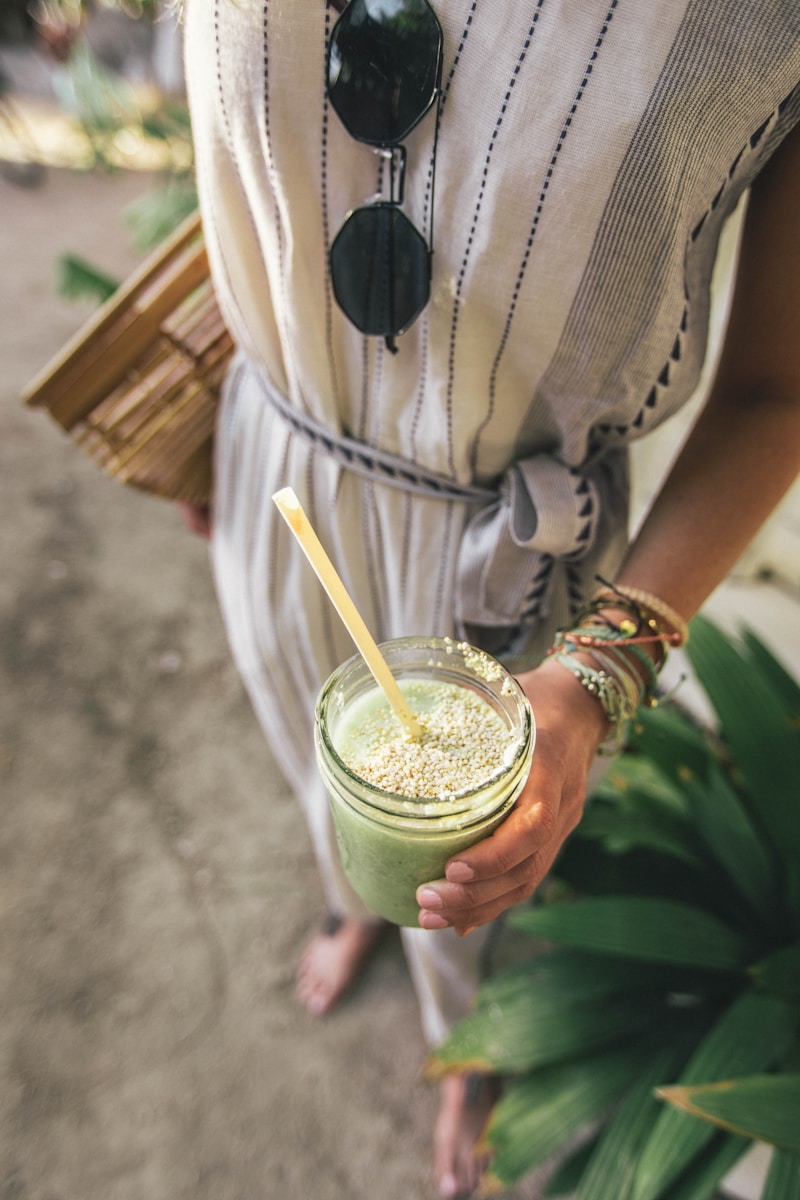
Aromatherapy, the practice of using essential oils to promote physical, emotional, and mental well-being, has gained widespread popularity in recent years. From calming lavender scents to invigorating citrus fragrances, essential oils are more than just pleasant aromas; they are powerful tools for healing and relaxation. Whether you’re looking to reduce stress, improve sleep, or boost your mood, aromatherapy offers a natural and holistic approach to wellness. Here’s a beginner’s guide to understanding aromatherapy and how to use essential oils for your health and well-being.
What Are Essential Oils?
Essential oils are concentrated extracts from plants, flowers, herbs, and trees, capturing the natural essence of the plant’s fragrance and therapeutic properties. They are typically obtained through methods like steam distillation or cold pressing. Each essential oil contains specific compounds that can affect the body, mind, and emotions in different ways.
For example:
Lavender is known for its calming and relaxing properties.
Peppermint can help invigorate the senses and improve focus.
Tea Tree oil has antiseptic and antimicrobial qualities.
Eucalyptus is often used for its respiratory benefits and clearing congestion.
Essential oils are highly potent, so they should be used with care, often diluted with a carrier oil when applied to the skin.
The Benefits of Aromatherapy
Aromatherapy can offer a wide range of benefits, making it a versatile practice in your wellness routine. Here are some of the most common benefits of using essential oils:
Stress Reduction
One of the most popular uses of aromatherapy is to reduce stress and anxiety. Certain oils, such as lavender, chamomile, and ylang-ylang, have a calming effect on the nervous system. Inhaling their scents or using them in a diffuser can help lower cortisol (the stress hormone) and promote a sense of relaxation.
Improved Sleep
Essential oils like lavender and cedarwood are commonly used to promote better sleep. By using these oils before bedtime, you can help ease insomnia, calm an overactive mind, and establish a peaceful nighttime routine. Diffusing essential oils in your bedroom or applying a few drops to your pillow can create an ideal environment for restful sleep.
Boosted Mood and Energy
Certain oils can help elevate your mood and increase energy levels. Citrus oils such as orange, lemon, and grapefruit are known for their uplifting properties. These oils can be especially helpful when you’re feeling fatigued or down. A few drops of citrus essential oils in a diffuser or in a warm bath can help lift your spirits and revitalize your energy.
Cognitive Clarity and Focus
Essential oils like peppermint, rosemary, and basil are often used to improve mental clarity, concentration, and memory. These oils can help stimulate the mind, improve focus, and enhance cognitive performance—ideal for studying, working, or tackling tasks that require your full attention.
Relief from Headaches and Tension
Essential oils can also be used to relieve headaches, migraines, and muscle tension. Peppermint oil, with its cooling properties, is particularly effective when massaged onto the temples or neck. Similarly, lavender and eucalyptus oils can help relieve tension and reduce the intensity of headaches, especially when used in combination with gentle massage.
How to Use Essential Oils for Wellness
There are several ways to incorporate essential oils into your daily life, depending on your needs and preferences. Here are the most common methods:
Diffusing
One of the easiest ways to use essential oils is by diffusing them in your home or workspace. A diffuser disperses the essential oil into the air, allowing you to inhale the aroma and enjoy its therapeutic benefits. You can use a diffuser for relaxation, focus, or even to purify the air. Simply add a few drops of your favorite oil or a blend of oils and let it fill the room.
Topical Application
Essential oils can be applied directly to the skin, but they should always be diluted with a carrier oil (like coconut, jojoba, or almond oil) to avoid irritation. The general recommendation is to dilute essential oils to about 1-3% concentration. For example, for every 10 milliliters of carrier oil, add 3-5 drops of essential oil. Apply the diluted oil to pulse points (wrists, temples), or use it for massage to relieve tension or sore muscles.
Baths
A warm bath infused with essential oils is a great way to unwind after a long day. Add a few drops of your favorite oil (or a blend of oils) to a carrier oil or Epsom salts and mix it into the bath water. Not only will this enhance your bathing experience, but the soothing properties of the oils will also help calm your mind and body.
Inhalation
For a quick and effective way to experience the benefits of essential oils, you can inhale them directly. Place a drop or two of the oil in the palm of your hand, rub your hands together, and cup them over your nose. Inhale deeply to experience the immediate effects. Alternatively, you can use an inhaler stick or a cotton ball with a few drops of essential oil.
DIY Products
You can also create your own wellness products at home using essential oils. For example, you can make a calming room spray by adding a few drops of lavender or chamomile oil to water in a spray bottle. Similarly, you can create your own facial toner, hair treatment, or foot scrub using essential oils tailored to your specific needs.
Essential Oils to Try for Beginners
If you’re new to aromatherapy, here are some versatile essential oils to start with:
Lavender – Great for relaxation, sleep, and stress relief.
Peppermint – Energizing and refreshing, perfect for focus and headache relief.
Lemon – Uplifting, purifying, and refreshing.
Tea Tree – Known for its antibacterial and immune-boosting properties.
Eucalyptus – Excellent for respiratory support and clearing congestion.
Frankincense – Used for stress relief, spiritual connection, and relaxation.
Safety Tips for Using Essential Oils
While essential oils are natural, they are highly concentrated and should be used with caution. Here are some safety tips:
Dilute properly: Always dilute essential oils with a carrier oil when applying to the skin.
Patch test: Before applying an oil to a large area, do a patch test by applying a small amount to your wrist to ensure you don’t have an allergic reaction.
Consult a healthcare provider: If you are pregnant, nursing, or have existing health conditions, consult with a healthcare professional before using essential oils.
Keep away from sensitive areas: Avoid applying essential oils to the eyes, mucous membranes, or broken skin.
Conclusion
Aromatherapy is a simple, yet effective way to enhance your overall wellness using the power of essential oils. By incorporating essential oils into your daily routine, you can experience benefits ranging from stress relief to better sleep and improved mental clarity. Whether you’re diffusing oils in your home or using them in a relaxing bath, the versatility of aromatherapy offers countless ways to support your health naturally. As you begin to explore the world of essential oils, you’ll discover which scents resonate most with you and help you achieve your wellness goals.

